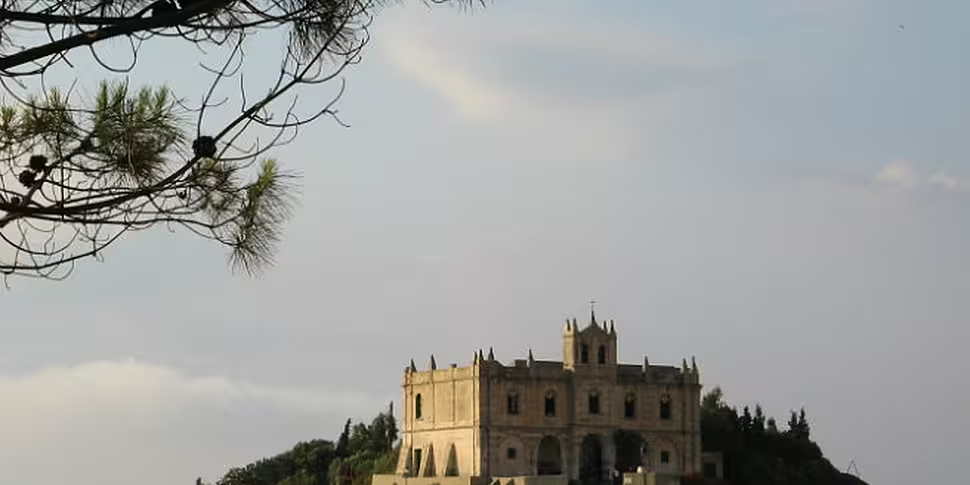Atheism has existed for millennia. In ancient India and Greece schools of thought existed that questioned and denied the existence of any divine force. For most of history though these groups have been a small minority. Today the rapid progress in technology and the sciences seems to be fuelling an explosion in atheism. This begs the question, are we losing our religion?
Throughout human history churches have acted as the moral arbiters in societies. It was God or the gods who usually dictated right from wrong and set the standard by which mankind was to follow. The rise of secularism saw the state and law take over this moralising role, albeit largely informed by the religion of the land.
While the passage of time saw secularism grow across most of the globe atheism remained a mistrusted minority. For many people morality and religion were still intertwined, making atheism synonymous with immorality. Numerous religious scandals and the growing public profile of atheism, thanks to figures like Richard Dawkins and Christopher Hitchens, have undermined this association.
Increased discoveries in the sciences have also bolstered atheism’s position. As our understanding of how the universe works grows the space for belief seems to shrink.
Though faith or belief in some divine or metaphysical power is still the prevalent stance in most of the world, atheism is a growing school of thought.
In his latest book, How to Be a Good Atheist, British author, screenwriter, and poet Nick Harding offers arguments in favour of atheism and a roadmap to understanding the various histories and philosophies of disbelief.
Talking with Susan Cahill, presenter of Talking Books, Nick argues that, far from a revealed truth, “the nature of god and religion is imposed on a child at birth”. Our level of belief and how that manifests is going to be dictated, in large part, by our parentage and place of birth.
In this way the atheist is, usually, someone who has actively rejected the beliefs they have inherited. As Nick explains: “imagine that the brain is a computer and that religion is a virus”, atheism is the wiping of that virus.
That isn’t to say that there isn’t, or hasn’t, been a place for religion. It may well have helped to form the rules and boundaries that allowed societies to prosper. In a world without answers it addressed some of the most important questions. As Nick put it: “I think that religion actually is an evolutionary part of our expanding consciousness”.
But is there still space for religion and belief today? Or is Nick right when he says that “in terms of the evolutionary process religion is such a waste of resources”?
Before this Susan takes a look at the life and career of Martin Amis with Dr Nick Bentley, author of Martin Amis. Why is Amis regarded as one of Britain’s best and most controversial modern authors? And is his divisiveness a central part of his charm?
This week's music to read to
Opening the show is Little by Little by Heinali. Carlos Cipa's The Whole Truth ends part one of the show with Heyr Himnasmiður by Icelandic cellist Hildur Gudnadottir closing out the show.









